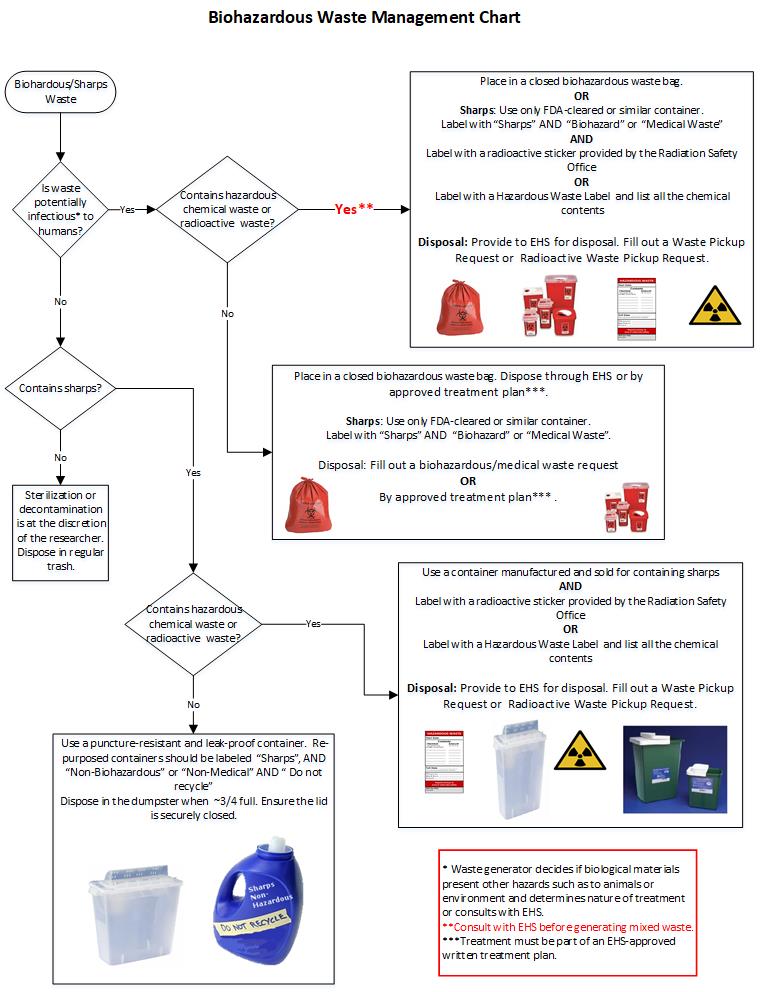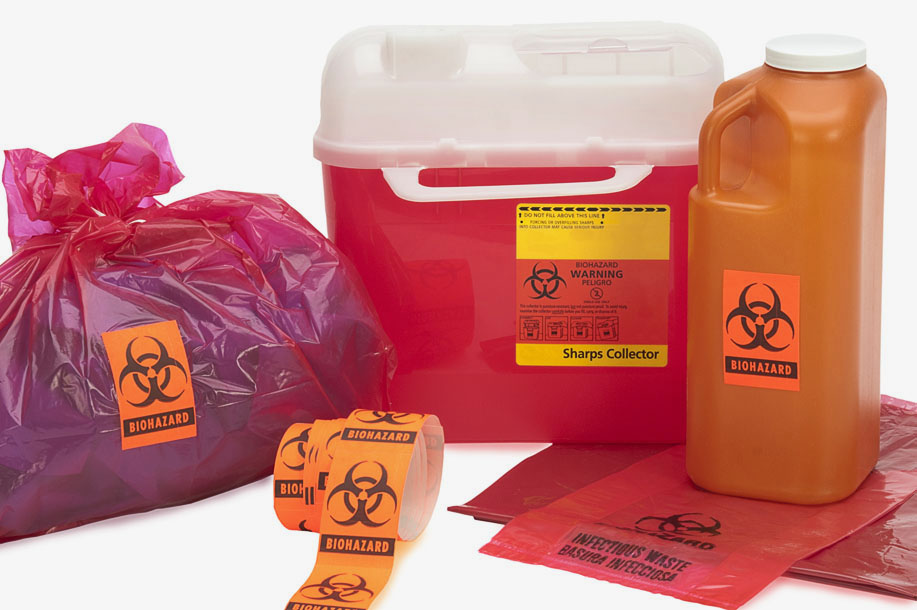Navigating Medical Waste Disposal: Necessary Services for Health Care Facilities
In the elaborate landscape of healthcare operations, the administration of clinical waste is a crucial facet that demands careful interest. Health care facilities, whether large medical facilities or little facilities, are entrusted with the responsibility of handling, dealing with, and disposing of a wide array of clinical waste streams. The intricacies associated with navigating through the regulatory needs, making certain correct waste partition, and carrying out risk-free collection and transportation processes are paramount. Understanding the important solutions that sustain clinical waste disposal is not simply an issue of compliance yet likewise a fundamental part in securing public health and ecological wellness. The intricacies of this procedure are crucial for healthcare centers, and the knowledge offered in this world plays an essential duty in preserving the integrity of healthcare systems.
Regulatory Compliance Support
For medical care facilities, making sure governing compliance support is important to keep proper handling and disposal of medical waste. Abiding by policies established forth by companies such as the Environmental Security Firm (EPA) and the Occupational Safety And Security and Health Management (OSHA) is important to stop ecological contamination, protect public health and wellness, and avoid prospective lawful repercussions. Regulatory compliance assistance provides health care centers with support on exactly how to appropriately segregate, store, transportation, and dispose of different kinds of medical waste based on local, state, and federal guidelines. This assistance includes help in creating and executing detailed waste administration strategies, carrying out normal team training sessions, and executing audits to ensure ongoing compliance. By partnering with governing conformity specialists, medical care centers can remain current on evolving policies, alleviate threats connected with incorrect waste disposal, and ultimately contribute to a more secure and a lot more lasting environment for all.
Waste Partition Assistance

Health care facilities should supply clear guidelines and training to personnel on how to segregate waste efficiently. This consists of dividing basic waste from dangerous products such as sharps, transmittable waste, pharmaceuticals, and chemical waste.
Collection and Transportation Providers

Proper collection and transportation services are important elements of the medical waste disposal process in healthcare facilities. These services make sure that harmful products are taken care of securely and in compliance with regulations to shield both the setting and public health and wellness. Medical care centers rely on specialized waste monitoring firms to offer efficient collection and transport services customized to their requirements.
Clinical waste collection includes setting apart different sorts of waste at the point of generation, making use of color-coded bins or bags to compare general, unsafe, pharmaceutical, and various other More Bonuses waste streams. Educated workers should execute this task to stop contamination and make sure correct disposal. When collected, the waste is delivered in dedicated automobiles equipped to deal with unsafe materials safely. These automobiles abide by strict security criteria and follow assigned courses to licensed treatment centers for disposal through techniques such as incineration, landfilling, or sanitation.
Therapy and Disposal Solutions
In the world of medical garbage disposal for healthcare centers, after the important phase of collection and transportation solutions, the emphasis moves in the direction of executing reliable treatment and disposal services. Treatment services usually involve processes such as autoclaving, which uses steam under pressure to sanitize the waste. This technique is generally used for infectious waste that must be provided non-hazardous prior to disposal. An additional widespread therapy approach is incineration, where waste is subjected to heats in regulated setups to minimize its volume and eliminate pathogens.
Disposal services incorporate the final action in the clinical waste administration procedure. Recycling and resource moved here recuperation are also obtaining traction as lasting disposal choices for particular kinds of medical waste materials.
Reliable treatment and disposal services are extremely important in ensuring compliance with policies and safeguarding public wellness and the atmosphere. Health care centers need to meticulously evaluate and select appropriate methods that line up with their waste administration objectives and sustainability campaigns.
Staff Training and Education And Learning

To effectively take care of clinical waste disposal in healthcare centers, thorough personnel training and education play an important duty in making certain adherence to regulative demands and maintaining a secure atmosphere. Proper training furnishes personnel with the knowledge and abilities required to deal with various kinds of medical waste, segregate them appropriately, and package them safely for disposal. By educating employees on the risks related to improper handling of clinical waste, centers can decrease the possibility of crashes, contamination, and regulative violations.

Verdict
In conclusion, healthcare facilities depend on vital clinical garbage disposal services to make sure governing conformity, correct waste partition, secure collection and transportation, effective therapy and disposal, along with staff training and education. These services play a critical role in maintaining the health and wellness of both healthcare workers and the basic public, highlighting the relevance of proper management of medical waste in medical care setups.
For health care centers, making sure governing conformity support is vital to preserve appropriate handling and disposal of clinical waste. Waste partition entails categorizing different types of clinical waste to ensure suitable handling, treatment, and disposal. This consists of separating basic waste from hazardous products such as sharps, infectious waste, drugs, and chemical waste.Clinical waste collection involves segregating different kinds of waste at the point of generation, utilizing color-coded bags or bins to differentiate between general, hazardous, pharmaceutical, and other waste streams.In the realm of clinical waste disposal for medical care facilities, after the vital phase of collection and transport services, the focus changes in the direction of executing efficient therapy and disposal remedies.
Comments on “Effective Medical Waste Disposal Services: Protecting Your Facility's Health and wellness”